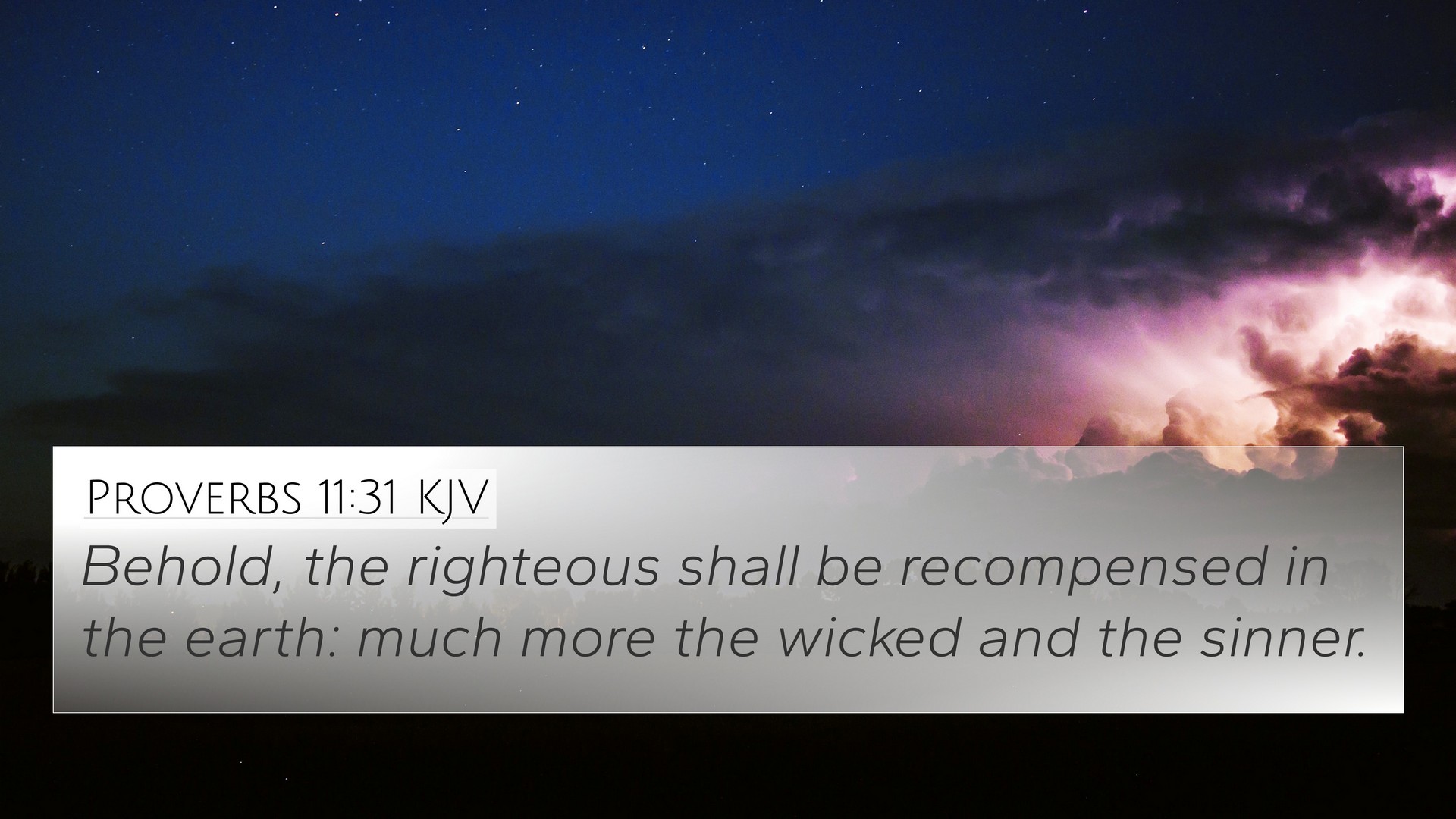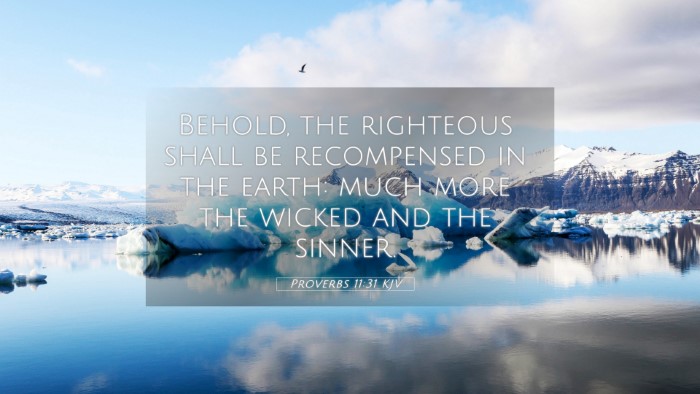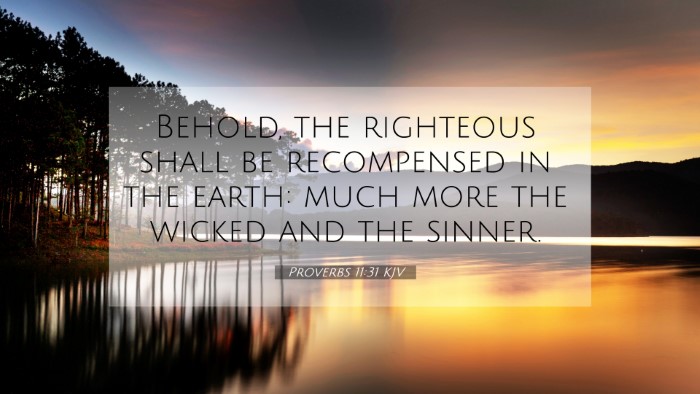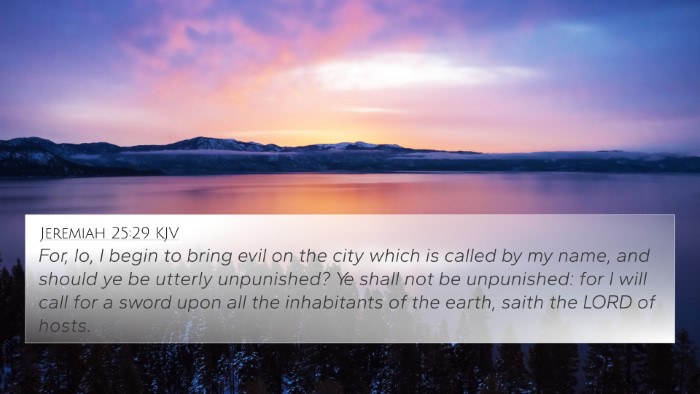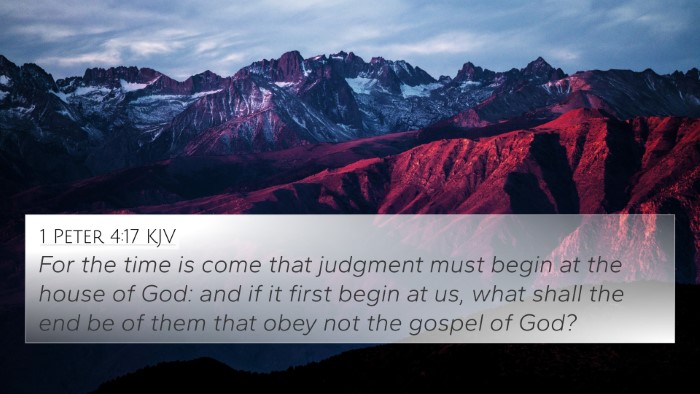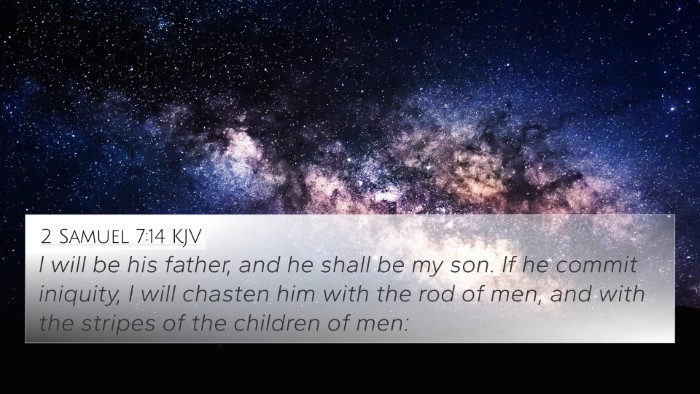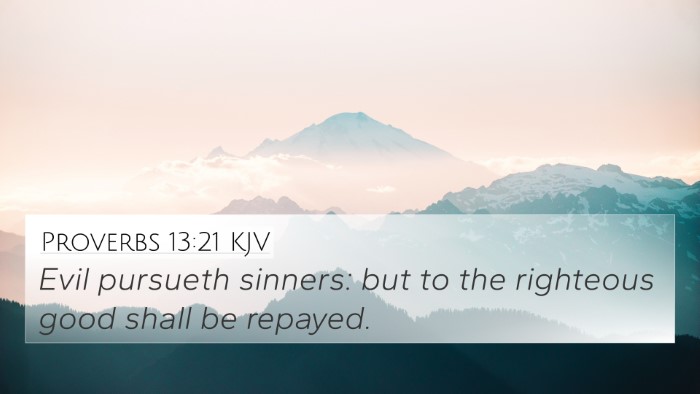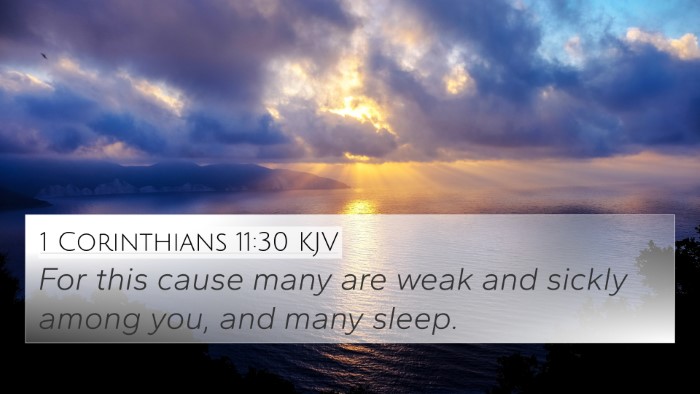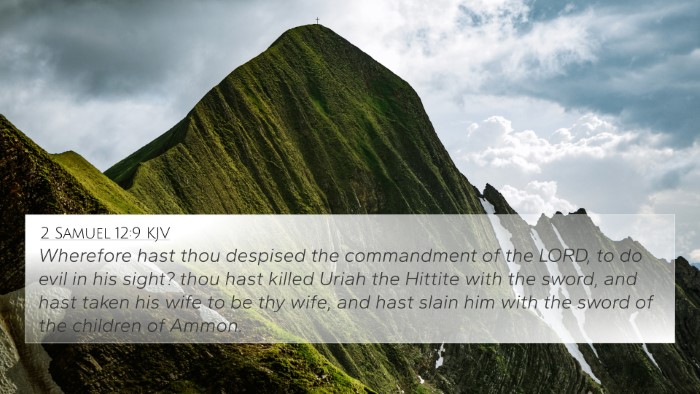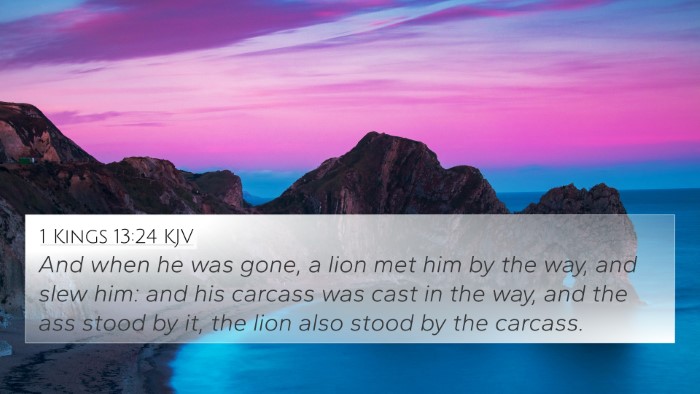Understanding Proverbs 11:31
Proverbs 11:31 states, "If the righteous will be recompensed on the earth, how much more the wicked and the sinner!" This verse captures a profound moral principle regarding divine justice in human affairs, suggesting that not only are the righteous rewarded, but the wicked also face consequences for their actions.
Meaning and Interpretation
The verse serves as a warning and an encouragement. It assures believers of God’s justice, asserting that their righteousness, despite apparent difficulties, will not go unnoticed. Similarly, it highlights that sin, though it may be momentarily overlooked, will eventually incur God’s judgment.
Commentary Insights
-
Matthew Henry: He emphasizes the certainty of recompense for both the righteous and the wicked. Henry points out that if the righteous, who often suffer in this life, can expect rewards, the fate of the wicked, who live selfishly, is decidedly worse. Thus, God's justice is inevitable.
-
Albert Barnes: Barnes notes that the term "recompensed" indicates a biblical principle of reward and punishment. He stresses the proportionality of consequences; just as the righteous will see their efforts rewarded, the wicked face dire consequences for their actions.
-
Adam Clarke: Clarke indicates that this verse reveals God’s equitable judgment system. He discusses how it applies to both communal and individual consequences, implying that the moral structure of society will ultimately reflect divine justice through visible outcomes.
Cross-References and Thematic Connections
This verse connects to a variety of other scriptures that deal with themes of righteousness, justice, and divine retribution. Below is a list of Bible verse cross-references related to Proverbs 11:31:
- Galatians 6:7: "Do not be deceived: God is not mocked, for whatever one sows, that will he also reap." This verse reinforces the idea of consequences tied to moral actions.
- Psalm 1:5-6: "Therefore the wicked will not stand in the judgment, nor sinners in the congregation of the righteous." This passage highlights the separation of the righteous and the wicked at the final judgment.
- Ecclesiastes 8:14: "There is a vanity that takes place on earth, that there are righteous people to whom it happens according to the deeds of the wicked, and there are wicked people to whom it happens according to the deeds of the righteous." This reflects the perplexity of life under the sun yet assures that divine justice prevails.
- Proverbs 11:27: "Whoever seeks good finds favor, but evil comes to one who searches for it." This directly links the pursuit of good and the inevitable consequences of seeking evil.
- Matthew 16:27: "For the Son of Man is going to come with his angels in the glory of his Father, and then he will repay each person according to what he has done." This New Testament verse emphasizes the future judgment aligned with deeds, resonating with Proverbs 11:31.
- Romans 2:6: "He will repay each according to his works." This verse from Paul reiterates the principle of recompense for both good and evil actions.
- 2 Corinthians 5:10: "For we must all appear before the judgment seat of Christ, so that each one may receive what is due for what he has done in the body, whether good or evil." This emphasizes accountability before God, echoing the theme of recompense found in Proverbs 11:31.
- 1 Peter 3:12: "For the eyes of the Lord are on the righteous, and his ears are open to their prayer. But the face of the Lord is against those who do evil." This verse assures the faithful that God’s attention and favor are with the righteous.
- Jeremiah 17:10: "I, the LORD, search the heart and examine the mind, to reward each person according to their conduct, according to what their deeds deserve." God’s omniscience ensures that all actions, good or bad, are recognized and recompensed.
Tools for Bible Cross-Referencing
To deepen understanding of Proverbs 11:31 and its connections, consider utilizing tools for Bible cross-referencing. Here are some resources and methodologies:
- Bible Concordance: A valuable tool to find where words or concepts appear throughout the scripture for deeper study.
- Bible Cross-Reference Guide: A structured reference that provides related verses, supporting a broader understanding of biblical themes.
- Cross-Reference Bible Study: Engaging in Bible study that emphasizes linking scripture passages to draw comprehensive conclusions.
- How to Use Bible Cross-References: Learning techniques on identifying and utilizing cross-references to enhance understanding of biblical texts.
- Bible Cross-Reference System: Implementing a system that systematically connects verses based on themes or concepts to explore biblical doctrine.
Conclusion
Proverbs 11:31 encapsulates a crucial aspect of divine justice, offering assurance to the righteous while warning the wicked. The cross-references enrich the understanding of this verse, allowing believers to see God's justice in a broader context throughout scripture. By utilizing cross-referencing tools, individuals can delve deeper into the meanings and themes of Scripture, enhancing their spiritual growth.
